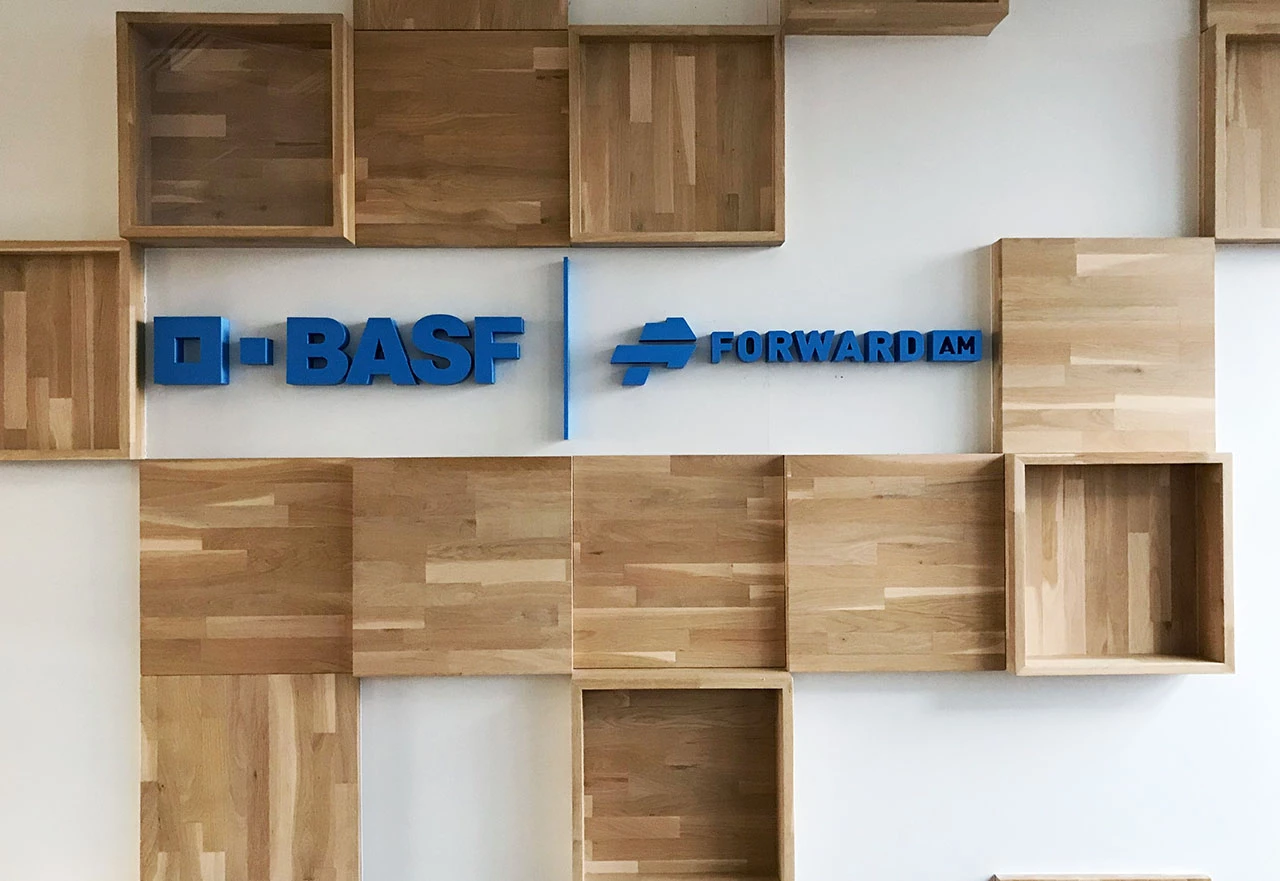
BASF Forward AM is deeply committed to sustainability. They are continuously working to reduce the environmental impact of their materials as well as their use of Earth’s precious resources. To both accelerate and justify their efforts, they recently conducted a detailed SEEbalance assessment for 3D printing technologies. Over the past several months they have evaluated the results and are now incorporating them to make their Ultrafuse® products even more sustainable.
Whether it is powder bed fusion, photopolymer, or filaments, they want to provide the best possible materials for your 3D printing projects while also reducing their carbon footprint to protect the environment and our planet for future generations. Let’s take a closer look at their filaments and the different measures their material experts took and will continue to take to offer more sustainable options within the Ultrafuse® line.
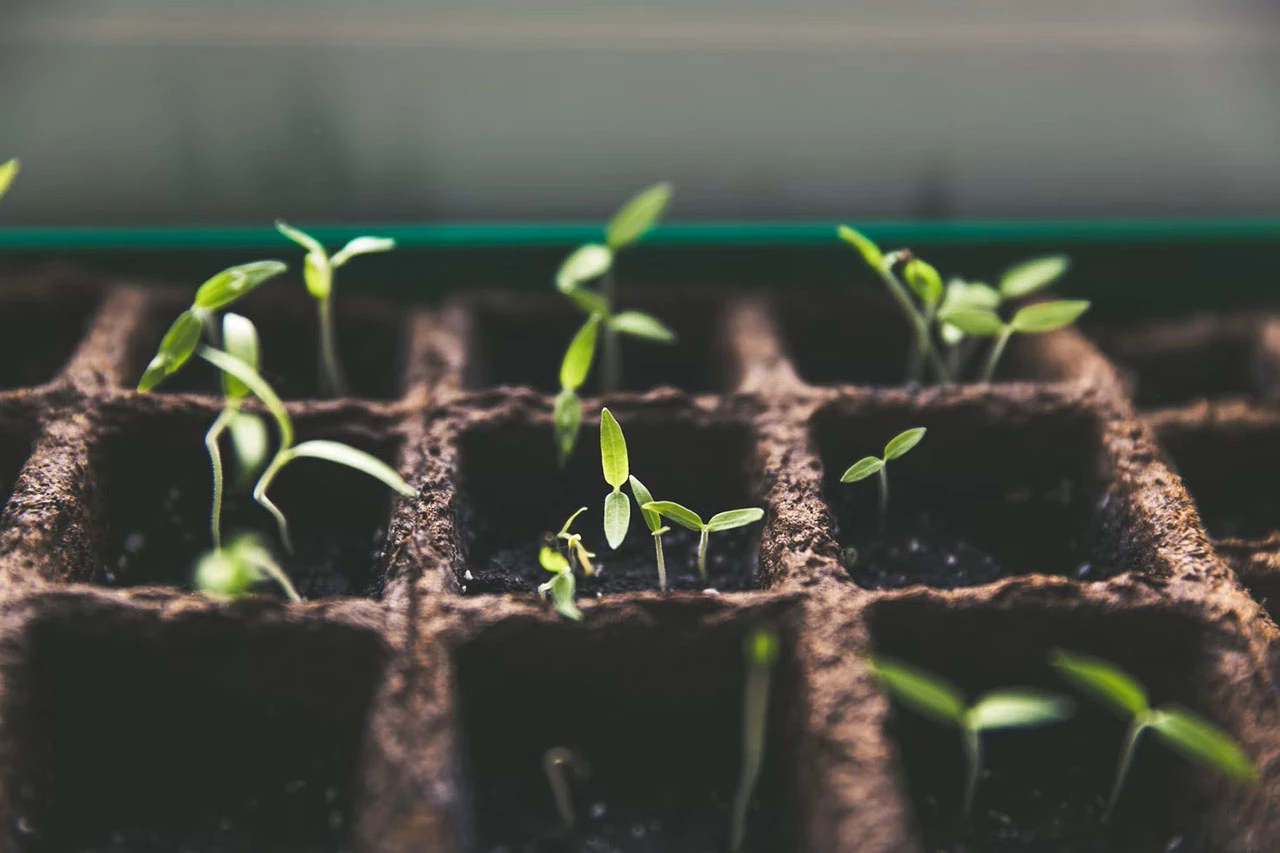
Sustainable Terminology
Virgin plastic: Plastic can be made from different natural materials such as crude oil or bio-based materials. When the word virgin plastic is used, it refers to plastic that is newly created without recycled materials.
Post-industrial: The word post-industrial means waste that was produced during a manufacturing process but was not used as an end product due to a variety of issues and therefore had no contact with a consumer.
Post-consumer: These are materials that are recycled out of waste that was once used by a consumer and is no longer used for its intended purpose.
Recycled plastic: This is a waste material that is recovered and converted into new materials and products. These recycled plastics can originate from a post-industrial and/or post-consumer waste stream.
Sustainable Filaments
The Ultrafuse® spools are now based on 90-100% recycled raw material. The impact of this change is that the spools are no longer made from virgin plastic but rather out of a majority of either post-production or post-consumer resources. Though in some cases, a minimal amount of virgin plastic is still being used. These necessary virgin plastics, like those used for impact modification or color additives, are added to ensure the high-quality standards of the filament spools. However, even in these cases, the amount of virgin plastic is meager, which represents an additional relief for the environment.
Forward AM is continuing to work towards a greener future for all by switching to energy-saving LED light sources in all their facilities. They are also proud to share that they have moved from fossil-based energy to Dutch wind energy at their filament production site in Emmen. As they maintain their strong commitment to sustainability, these changes in how they work, along with the utilization of renewable energy, are ensuring they are reducing our carbon footprint and acting as good environmental stewards.
Contact us to find out which BASF material might work for your application.


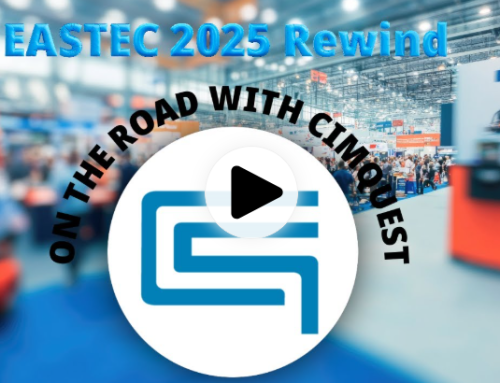

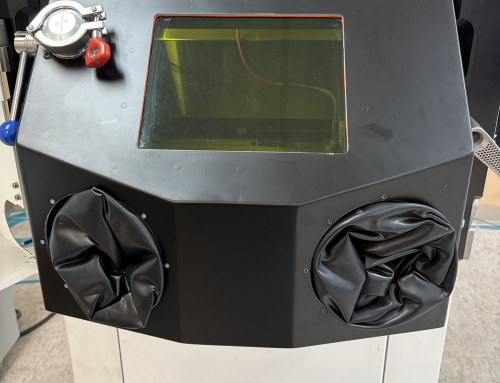
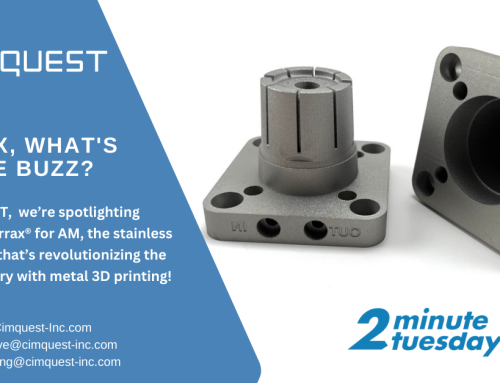
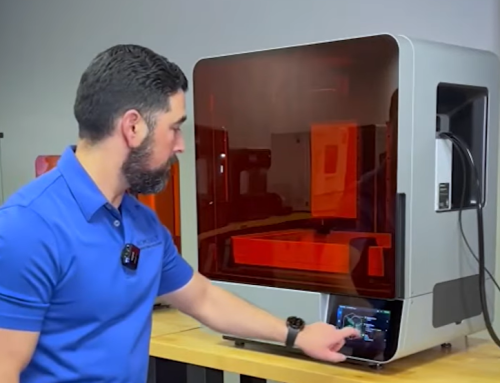
Leave A Comment